Let’s take a look at the 3 digital marketing trends for 2022.
As digital trends evolve year after year, marketers must stay on top of them in order to adapt to new technologies and stay ahead of the competition. This will give them a competitive advantage and enable them to create new ways to grow their businesses, generate leads, and improve their relationships with existing customers.
Many businesses will use 2022 to clarify top priorities and identify the most effective ways to deliver their brand and product innovatively.
Though Google’s plan to phase out cookies has been pushed back to 2023, digital marketers should begin planning for first-party, cohort-based, and contextual targeting as core to user identity in preparation for a post-cookie landscape. Players who have created an identity graph using consent-based, cross-channel, first-party data will be well-positioned to provide alternative targeting and measurement solutions in the future.
Advertisers and publishers must both embrace interoperable solutions like Universal ID. In this context, developments related to Google’s FLoC (Federated Learning of Cohorts) will be closely monitored.
Artificial intelligence (AI) is expected to grow in the next decade – global leaders such as Google and Microsoft are extending their resources in it.
Advancements in AI have allowed the efficient and rapid processing of large amounts of data. Additionally, AI can automate routine tasks such as website traffic reporting and recommend keywords to improve a company’s organic search ranking or even predict what customers are likely to buy in the future based on their previous purchases and browsing history. Language modelling will also become an important part of marketing strategies, allowing machines to converse with customers in a language they understand.
This means that if you want to rank higher on search engines like Google in 2022, you’ll need to use AI in conjunction with SEO and other digital marketing strategies. AI is changing the way marketers approach digital marketing, and businesses should think about implementing this technology as well.
Brands have always faced the difficult task of emotionally and viscerally connecting with their audiences. Against this backdrop, and aided in no small part by Facebook’s clarion call, immersive technologies such as AR/VR will soon find a permanent place in digital marketing strategies, inviting customers or their digital avatars to enter the metaverse – a virtual world of magical experiences designed to strengthen relationships and convert customers.
There are already a plethora of augmented reality apps available through your smartphone’s camera; endless opportunities to grow in the virtual universe. With recent reports indicating that the metaverse market will exceed $1,544 billion in less than ten years, there is more than enough reason to be excited.
It is critical to be aware of future trends so that you can prepare for them and stay ahead of the competition. If you want to learn how to be ahead of the rest, contact Brown Cow now!
